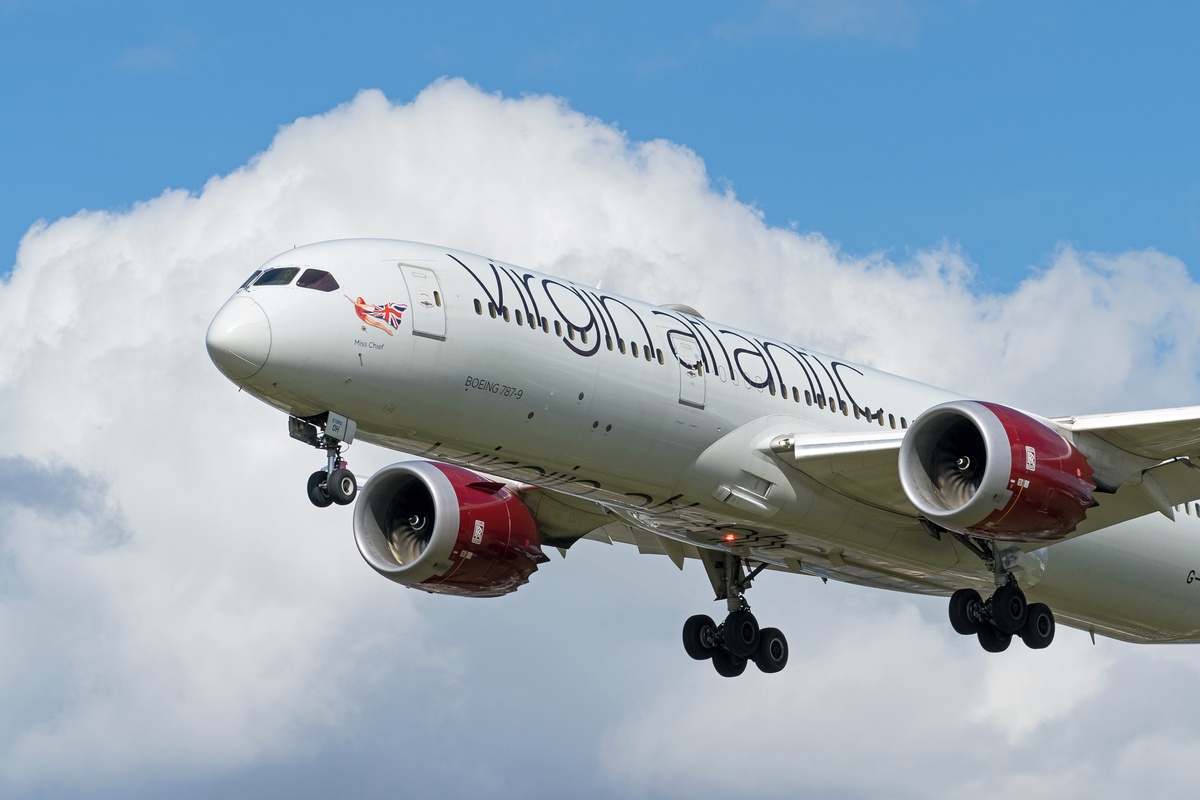Why Booking Needs to Be Made Easier for Emerging-Market Travelers

Skift Take
This sponsored content was created in collaboration with a Skift partner.
Travel brands are slowly learning how to connect with the new wave of travelers coming out of emerging markets. For starters, that means speaking their languages as a growing cohort of independent travelers takes to digital channels to plan and book foreign trips.
The pool of consumers comfortable booking in English is a small share of the global Internet market, notes Dan O’Sullivan, VP of travel solutions, EMEA, for Translations.com. English was used by about 26 percent of Internet users worldwide as of June 2015, according to Statista, with China not far behind at 21 percent.
At the same time, more travelers in emerging markets are using digital resources to plan and book.
According to Hotels.com’s 2015 Chinese International Travel Monitor study, as many as 8 in 10 mainland-China international travelers had used an online source to plan and book in the previous 12 months, up from 53 percent the year before. And half had accessed mobile apps to do so, up from only 17 percent in 2014.
Translating digital assets is thus increasingly imperative, from website content (which also boosts local market search) to booking engines to mobile apps. “There’s a lot of belief that English is good enough — that’s just not the case,” says Niklas Schlappkohl, senior director of eCommerce at Carlson Rezidor Hotel Group, a Translations.com client. Translations.com says multilingual content typically doubles conversion.
Carlson Rezidor, which has doubled the number of language options over the past four years, enables booking in 17 languages and is working to add several more. Another Translations.com client, Cathay Pacific, offers 12 languages within its app and 15 on the website, with plans to roll out four or five more languages in the next few years. It’s a complex task, not least because regional variation must also be considered, to avoid “awkward-sounding calls to action and site navigation terms, or overly formal/informal communication styles,” notes Stefan Caiafa, head of content for the Hong Kong-based airline.
Multilingual translation is increasingly an issue not only for global heavyweights like Rezidor and Cathay Pacific but for smaller regional destinations, like Jungfrau, a ski destination in the Swiss alps popular with tourists from Asia. While a wide majority of non-English speakers come to Jungfrau in organized groups, the organization was surprised to discover some FITs (free independent travelers) without English skills when conducting research among guests last year. Jungfrau, a Translations.com client, offers English, Spanish, French and Chinese translation on its website.
Jungfraubahnen is now planning a site redesign that will feature one-to-one English translation from the original German as well as a more basic version of the site for translation into other languages — enabling faster and more flexible outreach to new markets, according to Daniel Steinmann, responsible for Jungfraubahnen’s Internet and Intranet.
Indeed, as the market shifts, brands need a multilingual digital strategy that enables quick pivots — for instance, Russian travelers were a hot target several years ago, while more recently Korea and Turkey have been producing more tourists.
Some companies translate web content but fail to close the circle by enabling booking in a local language or converting costs into local currency. Grant Torres, research analyst at L2 Inc., notes that about 80 percent of the global hotel brands L2 has studied have some sort of translation in Chinese, but only about 50 percent are fully integrated throughout the site in Chinese. “Change is slow and slightly piecemeal,” Torres says.
Enabling local payment is another important consideration. Offering one-click payments within an app increases conversion by 20-30 percent, according to Andy Guenthard of Amsterdam-based local market payment company Adyen. Brands are starting to partner with UnionPay, Alipay and WeChat Payment for tourists booking out of China, since most Chinese do not have internationally accepted credit cards. Airbnb, for example, linked up with Alipay in 2014. And last August, UnionPay announced partnerships with 20 Asian, European and Middle Eastern airlines.
Euromonitor Analyst Amanda Bourlier notes that in Mexico, for example, where credit card penetration rates remain low, companies including American Airlines allow customers to make reservations online and then pay in cash at an Oxxo convenience store. And since installment financing is common in Latin America, Miami-based OTA Despegar is among the companies that let customers stretch payments out over a year or more.
The next articles in this series will look at how companies are meeting the challenge of providing satisfying in-trip experiences to emerging market travelers and keeping them engaged afterward. Read The Rise of the Emerging-Market Traveler here.
This content was created collaboratively by Translations.com and Skift’s branded content studio SkiftX.




